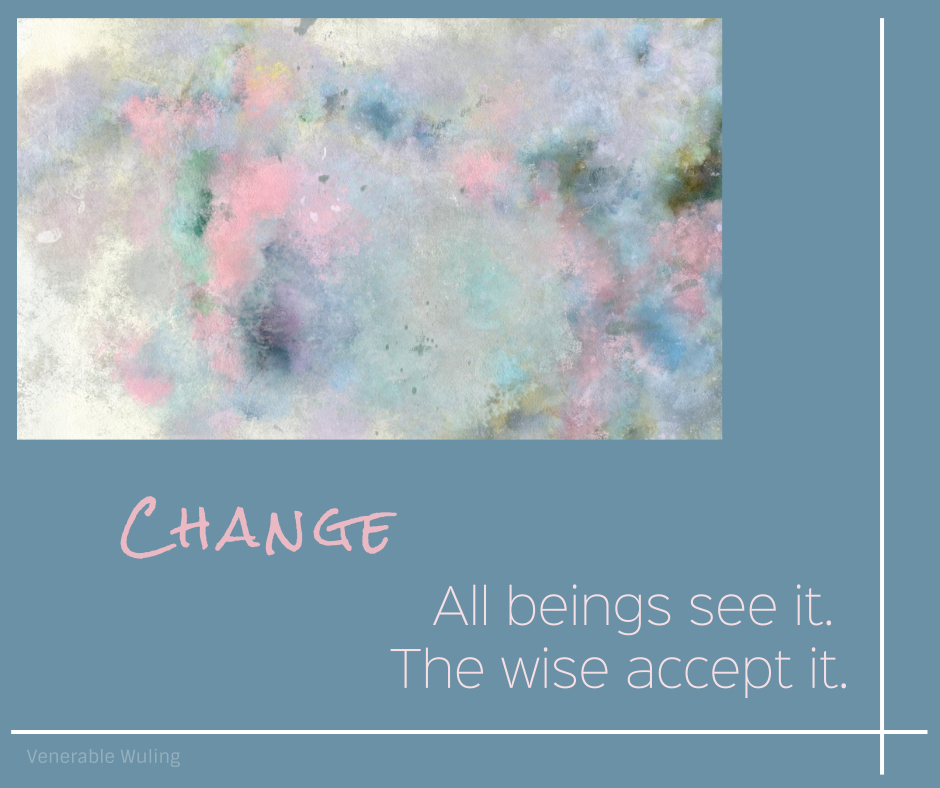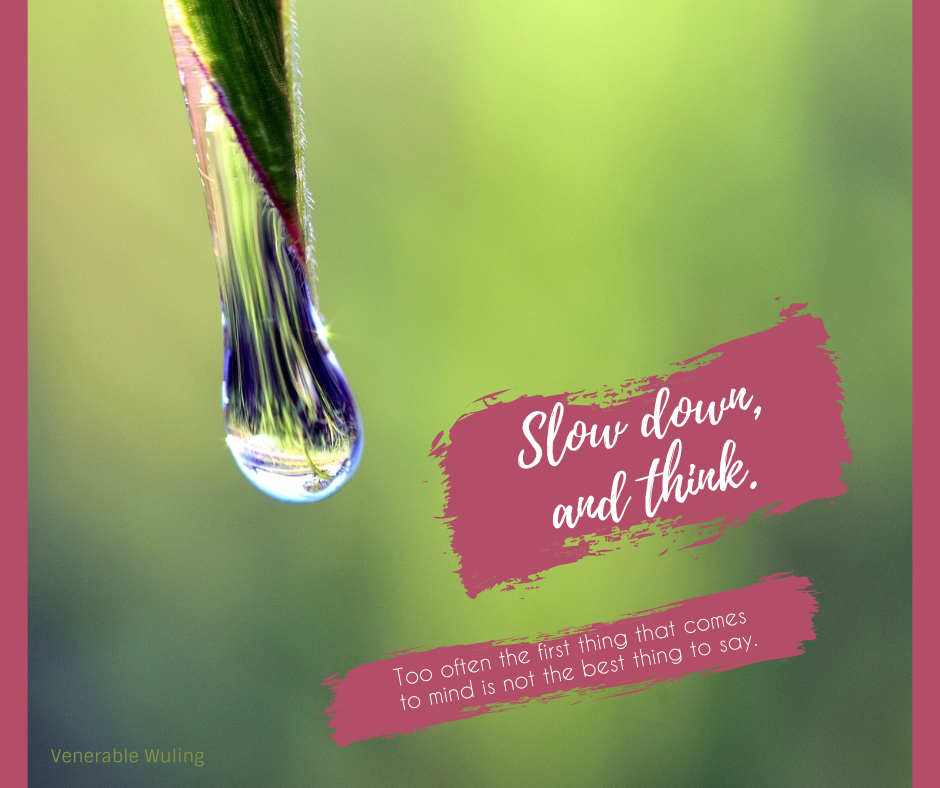 March 1, 2018
March 1, 2018 In all endeavors,
seek to avoid mistakes, not win praise.
Blanket statements are tricky, so let’s just say the vast majority of us like to be praised.
Praise from those entrusted with the responsibility to raise us taught us how to behave respectfully and ethically. It encouraged us to act in ways that enhanced our lives and did not detract from them.
But praise should not drive our behavior because that would make praise our goal when our goal should be to not make mistakes—either technically or ethically. Those who wished us to become honorable adults taught and exemplified honorable behavior and humility.
For whatever reasons, others less fortunate grew up or are now growing up craving praise. At any cost. And so from politicians on Twitter to the neighborhood teenager with an Instagram account, we have people who will do anything for attention, for praise.
A terribly risky, and sad, way to live.
 February 25, 2018
February 25, 2018 Why bad things happen to good people.
Upon seeing an unscrupulous person experience misfortune, most of us would probably not consider it unfair. But it does seem unfair when someone who does everything we know to be right undergoes one misfortune after another.
What happened to cause and effect?
Well, nothing.
We’ve just seen a sliver of the person’s actions in one lifetime; we have no idea how he behaved in others. He, and each of us, undergoes the just consequences incurred through past misdeeds. So his current misfortune is fair.
But wait.
What we also don’t know is what would have happened if he hadn’t been so good in his present lifetime. Very possibly his difficulties would have proved far more severe: perhaps death or impoverishment instead of his broken leg or financial setback. Due to current selfless and ethical behavior, the severity of destined hardships will lessen as karmic retributions ease.


